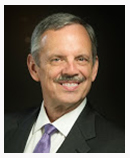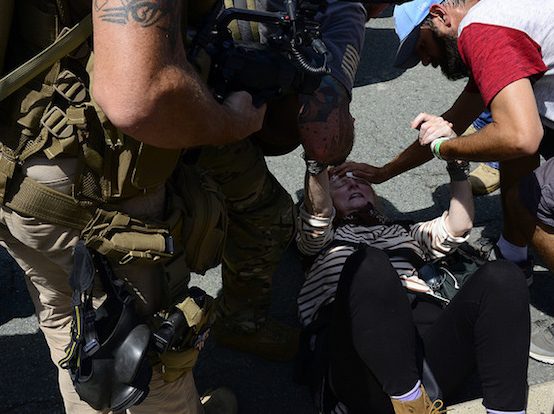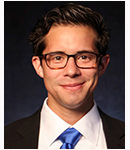Welcome to our Millennial Roundtable Show with Dr. Nick Pitts in the host seat. He is joined by Kerby and Dr. Brent Taylor, pastor of First Baptist Church Carrollton and Church at the Fields, Dr. Brent is also a professor of American history. Together they will talk about issues of faith, politics and factors that influence the millennial generation.

He graduated from Oregon State University and holds masters degrees from Yale University (science) and Georgetown University (government). He is the author of thirteen books including Signs of Warning Signs of Hope, Moral Dilemmas, Christian Ethics in Plain Language, A Biblical Point of View on Islam, A Biblical Point of View on Homosexuality, A Biblical Point of View on Intelligent Design, A Biblical Point of View on Spiritual Warfare, and Making The Most of Your Money in Tough Times. He is also the editor of many books including: Marriage, Family, & Sexuality and Technology, Spirituality, & Social Trends.
Kerby also serves as a visiting professor at Dallas Theological Seminary, Philadelphia Biblical University, and Temple Baptist Seminary. He has spoken on dozens of university campuses including University of Michigan, Vanderbilt University, Princeton University, Johns Hopkins University, University of Colorado and University of Texas.

Brent enjoys reading great stories from history, fishing, traveling, and helping people find their purpose in life. His other great passion is discovering the red light on at Krispy Kreme Donuts. Brent lives in the Dallas area with his wife and three children.

While Gallup polls and other statisticians have turned in the same percentage—about 40 percent of the population—of average weekend church attendees for the past 70 years, a different sort of research paints quite a disparate picture of how many Americans attend a local church on any given Sunday.
Initially prompted to discover how church plants in America were really doing, Olson, director of church planting for the Evangelical Covenant Church (covchurch.org), began collecting data in the late ’80s, gradually expanding his research to encompass overall attendance trends in the church.

On the Right, the story is fairly straightforward. Neo-Nazis, white nationalists, and their ilk have to be condemned in no uncertain terms, and marginalized. The president’s coy rhetoric, dancing around these people for fear of alienating them, has to end. (I don’t expect it to end, but others on the Right need to speak up to condemn him.)
It is not enough for conservative politicians and thought leaders to condemn these incidents. In their rhetoric, they need to start criticizing the principles of identity politics, across the board. They should emphasize what unites us as Americans. And this: pastors and other leaders within the church have to start teaching clearly and directly on this front.

It’s as predictable as the sun rising in the east and setting in the west: When there’s an act of Islamic terror, some in the media will take great pains to minimize the threat. When there’s an act of white-supremacist terror, many of the same folks will overhype the threat from the right, often making it out to be greater than the threat of jihadist terror.
In either case, all too few will look past the political spin to recognize the truth: Violence is a problem at both extremes of the political spectrum, and jihadists are the most dangerous extremists of all.
 Listen Online
Listen Online Watch Online
Watch Online Find a Station in Your Area
Find a Station in Your Area


 Watch Now
Watch Now Listen Now
Listen Now 







 Listen Now
Listen Now Watch Online
Watch Online
